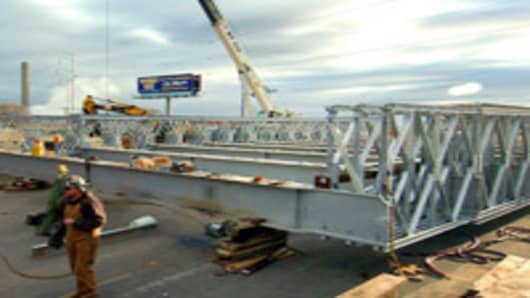“What’s driving the market bonkers,” Pimco Managing Director Paul McCulley told CNBC Friday, is the uncertainty of next steps for the euro and the European Union—either an end to the currency or a move toward fiscal federalism on the continent.
McCulley, who heads the firm's short-term bond trading desk, was quick to point out that, “It doesn’t have to be a case of dissolution of the monetary union. You can actually have fiscal federalism.”
McCulley said the European crisis is a case of the northern European countries, led by Germany, bailing out the southern ones, and it’s not a long-term solution. Pimco is the world's largest bond investor.
“It’s very similar to making a loan to your unemployed brother-in-law,” he added. “You really don’t want to do it, but if you don’t, he’s going to move into your recreation room.”
He said eventually the north will tire of pumping money into the south and that could lead to a restructuring of the south.
McCulley also said the US Treasury market is a “call option on Armageddon.
"I don’t think Armageddon is going to happen, but it’s more likely than it was a week ago.”
He added that Pimco isn’t buying Treasurys now because it has enough and doesn’t need more.
Tony Crescenzi, a senior vice-president at the firm, said Treasurys could be a good investment for equity investors, with this caveat.
“Considering Treasurys now,” he explained, “[you need to think about] the equity exposure you have in various assets and consider whether that would be a good insurance premium.”


